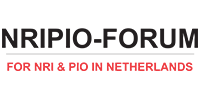What are the critical differences between permanent contracts, fixed-term contracts, temporary contracts, and on-call contracts in the Netherlands, and what rights and obligations do they entail for employees and employers?
Question
-
Permanent contracts (vast contract): These provide long-term employment and offer more stability to employees. Fixed-term contracts (tijdelijk contract) have a predetermined end date or are tied to a specific project or task. Temporary contracts (flexibel contract): These are characterized by temporary or part-time employment arrangements. On-call contracts (oproepcontract) involve work based on the employer's needs, without fixed working hoursRead more

